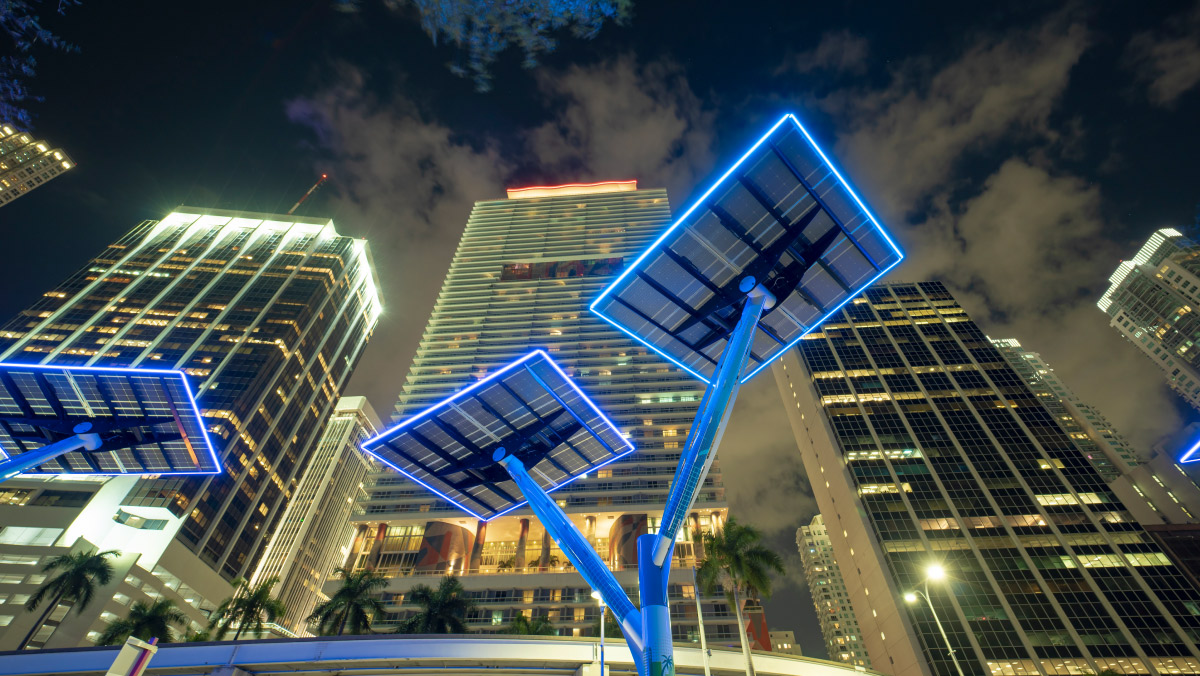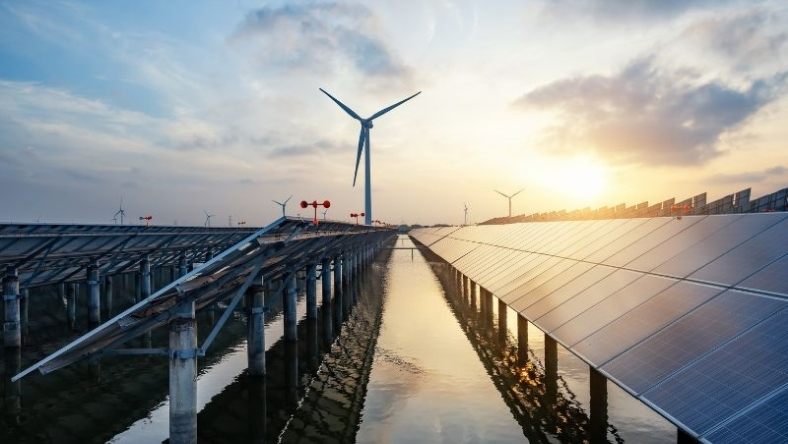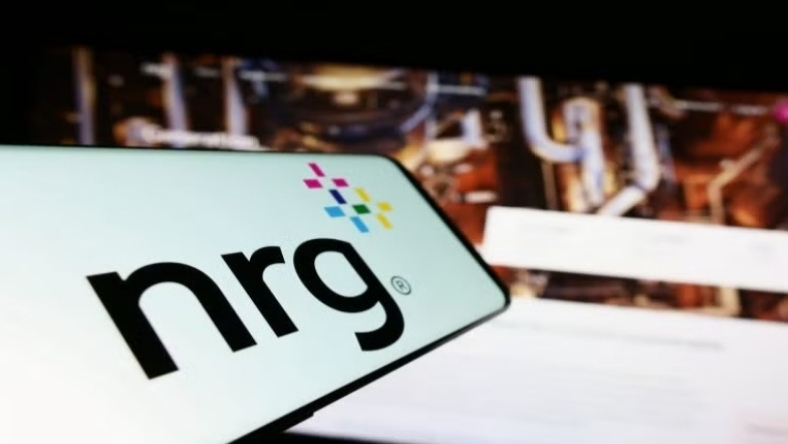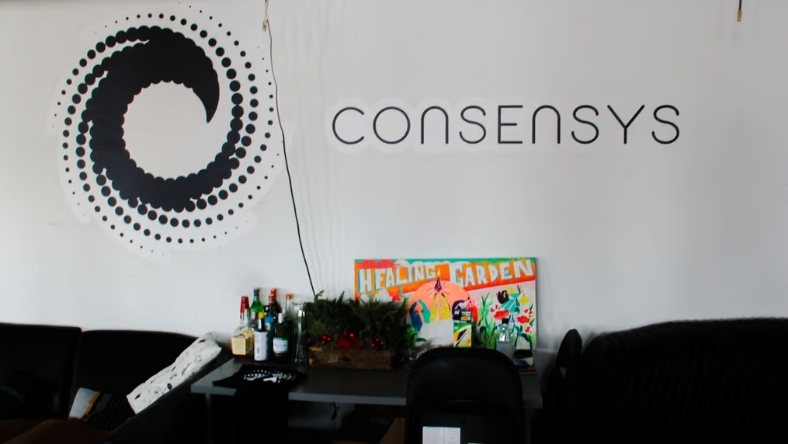INNOVATION
The Island Building a Power Plant in Every Home
More than 70,000 home batteries in Puerto Rico now stabilize the grid, slashing outages and costs, ushering in a new era of clean, decentralized energy.
29 Jun 2025

Puerto Rico is proving that small-scale solutions can solve big energy problems. On an island where tropical heat meets a fragile power grid, blackouts have long been part of life. Now, a growing network of home batteries is keeping neighborhoods lit without burning fuel or breaking the bank.
The shift comes through LUMA Energy’s Customer Battery Energy Sharing program. More than 70,000 household batteries are now linked in a virtual power plant, pooling their stored energy to stabilize the grid. This summer, the system delivered up to 48 megawatts of power, which was enough to prevent rolling blackouts during peak demand.
It works like this: homeowners install battery systems, often paired with rooftop solar panels. When the grid needs support, a portion of that stored power is sent back and participants are paid for their contribution. The result is fewer outages, lower emissions, and a more resilient energy system.
“This is what the future looks like, localized, responsive, and powered by everyday people,” a LUMA official said.
The model is attracting attention from other U.S. states facing similar challenges. California, Hawaii, and others are exploring whether Puerto Rico’s approach could work for them.
There are still hurdles, including battery lifespan, privacy protections, and ensuring access for all residents. But energy analysts say the gains far outweigh the growing pains.
Puerto Rico’s experiment shows how a network of homes can operate like a power plant. If the momentum holds, it could inspire a national rethink of how electricity is made, stored, and shared.
Latest News
13 Feb 2026
Millions of Rooftops, One Virtual Powerhouse9 Feb 2026
From Power Plants to Power Plays: NRG’s Flexibility Bet4 Feb 2026
The Trust Problem Virtual Power Plants Can’t Ignore18 Aug 2025
100K Home Batteries Just Replaced Power Plants, and It Worked
Related News

RESEARCH
13 Feb 2026
Millions of Rooftops, One Virtual Powerhouse

INVESTMENT
9 Feb 2026
From Power Plants to Power Plays: NRG’s Flexibility Bet

TECHNOLOGY
4 Feb 2026
The Trust Problem Virtual Power Plants Can’t Ignore
SUBSCRIBE FOR UPDATES
By submitting, you agree to receive email communications from the event organizers, including upcoming promotions and discounted tickets, news, and access to related events.